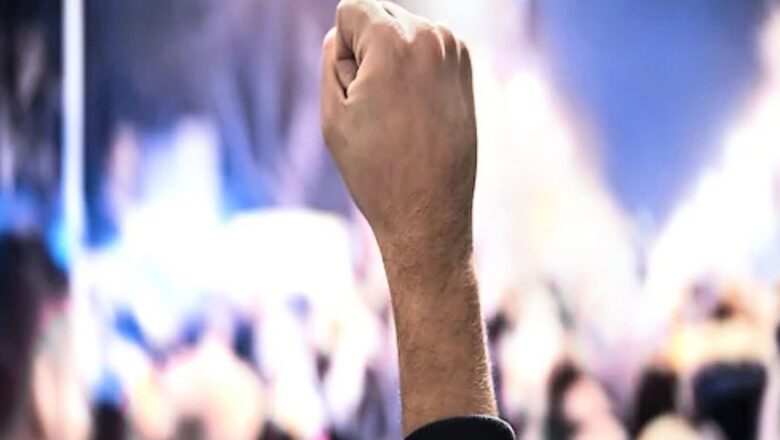
views
Egyptian activist Walid Shawky began a hunger strike to protest against his detention for more than three years, a leading local rights organisation said Sunday.
Shawky, 35, is one of the founders of the secular April 6 Movement formed in 2008, which played a key role in mobilising protests against former president Hosni Mubarak, who was toppled after an uprising in 2011.
Shawky, who is also a dentist, has been in detention since October 2018, having been charged with “belonging to a terrorist organisation” — an accusation frequently levelled against members of the opposition in Egypt.
He was ordered released after 22 months in detention — pretrial detention being capped at two years in Egypt — but was never freed.
Instead, new charges were levelled against him — a common tactic used to circumvent the maximum pretrial detention period in the country, according to rights groups.
In addition to the same charge of joining a “terrorist” group, he was also accused of participating in demonstrations in 2020 — while he was still in detention, the Egyptian Initiative for Personal Rights (EIPR) said.
It further cited Shawky’s wife as saying that he began a hunger strike on Sunday.
Rights groups estimate that about 60,000 political prisoners are being held in Egypt.
The United States in January blocked $130 million in military aid to the country, citing concerns over the rights of government critics, civil society groups, journalists and women.
In an interview with AFP, recently released Egyptian-Palestinian activist Ramy Shaath detailed brutal conditions and treatment in prison, describing inmates there as “rotting in hell”.
Egyptian President Abdel Fattah al-Sisi launched his own “national strategy” for human rights last September, while accusing international rights groups of being unaware of the full spectrum of “challenges facing the country”.
Among the principles of his strategy is the consideration that education, health or electricity are more important than freedom of assembly — which is virtually forbidden in the country.
Read all the Latest News here




















Comments
0 comment